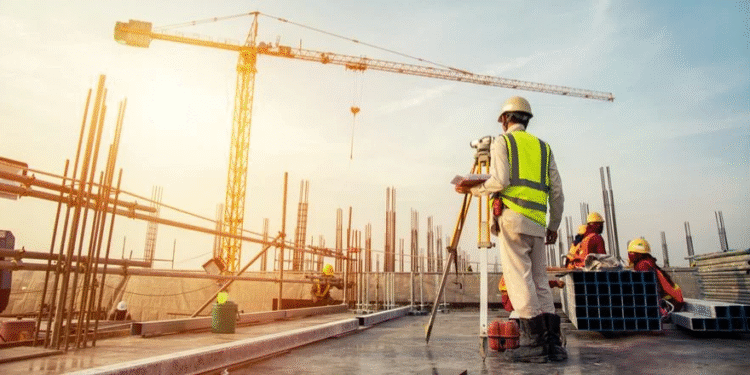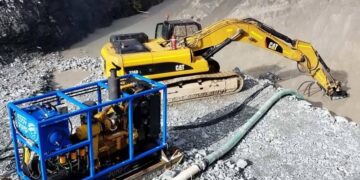Industrial construction plays a pivotal role in providing the infrastructure necessary for various sectors such as manufacturing, energy, pharmaceuticals, and more. The diverse nature of projects, ranging from factories to large-scale distribution centres, necessitates a deep understanding of specialised construction methods and technology.
Understanding Industrial Construction
Industrial construction refers to the design, installation, and maintenance of structures used in manufacturing and production environments. This type of construction requires a combination of architectural and engineering expertise. The complexity of these projects often involves heavy machinery and sophisticated processes tailored to sector-specific demands.
Project Planning and Development
A successful industrial construction project begins with meticulous planning. Collaborating closely with engineers and architects is vital to ensure that the design will meet both current and future operational requirements. Planning includes site selection, budget estimation, and scheduling to align with the client’s objectives.
Moreover, considering environmental impacts during the planning phase has become increasingly important. This encompasses adhering to regulations and standards that aim to mitigate the environmental footprint of construction activities.
Challenges in Industrial Construction
One of the primary challenges in industrial construction is ensuring project scalability. Facilities must be adaptable to technological advancements and changes in production demands. Thus, the incorporation of flexible design strategies is crucial.
Additionally, the integration of new materials and technologies represents both an opportunity and a challenge. It requires staying informed about innovations that could enhance efficiency or improve sustainability.
Technological Advancements
The advent of technology has significantly reshaped industrial construction. Tools such as Building Information Modelling (BIM) allow for detailed visualisation and management of construction projects, resulting in improved accuracy and reduced errors.
Further, automation and robotics have entered the construction arena, promising enhanced precision and efficiency. However, this necessitates continual skills development among the workforce to keep pace with technological evolution.
The Role of Safety and Compliance
Safety remains a top priority in industrial construction projects. The use of heavy equipment and complex processes poses inherent risks. Therefore, implementing comprehensive safety protocols and training programmes is essential to minimise hazards.
Compliance with local and international standards ensures the structural integrity and operational safety of industrial facilities. Regular audits and inspections are imperative to maintain compliance and mitigate risks.
The Future of Industrial Construction
As industries evolve, so too does the landscape of industrial construction. The emphasis on sustainable practices is expected to grow, with greater integration of eco-friendly materials and energy-efficient technologies.
Moreover, the increasing reliance on data-driven approaches promises to optimise resource management and project outcomes. This involves leveraging data analytics to enhance decision-making processes throughout the lifecycle of construction projects.
Conclusion
Industrial construction is a dynamic field with a multitude of challenges and opportunities. By adapting to technological advancements and prioritising safety and sustainability, the industry can continue to support the infrastructural needs of various sectors.













